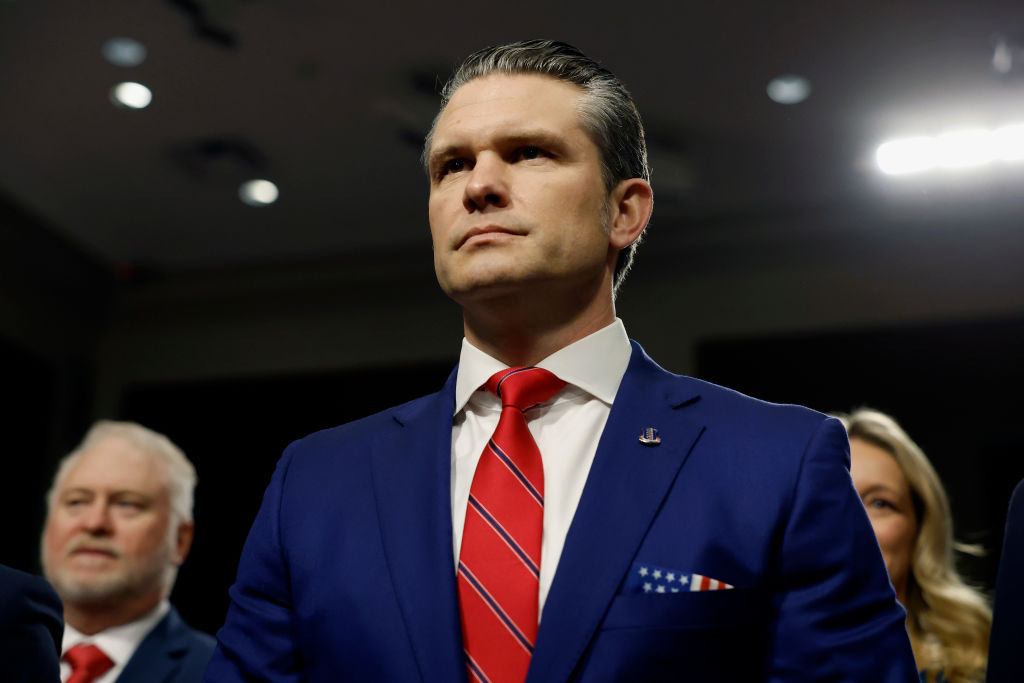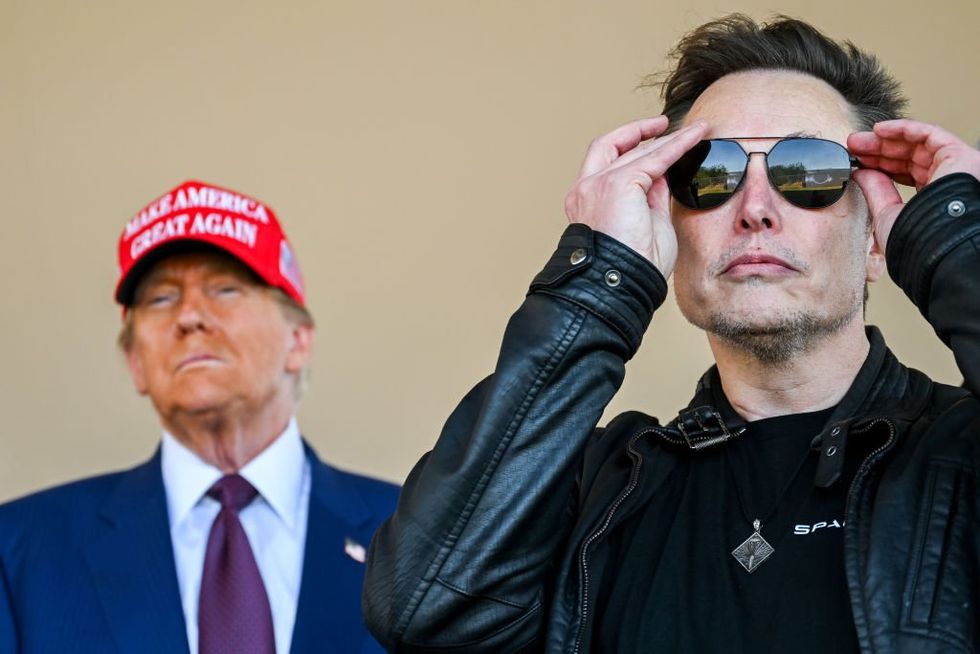America’s bipartisan debt-bomb suicide pact
'The inflation sparked by reckless spending is perhaps the most pernicious invisible tax'


The greatest moral hazard in American life is politics.
Many of you probably remember 2012 GOP presidential nominee Mitt Romney being secretly recorded by a Democratic operative telling donors that “47% of the people who will vote for the president no matter what” because they are “dependent upon government … believe that they are victims … believe the government has a responsibility to care for them … these are people who pay no income tax.”
Even I could have told you that accusing half the electorate of being a bunch of moochers was a bad idea. Coming from a fat cat like Romney, it reeked of snobbery.
Also, Romney happened to be correct. And what he said then is even truer today. But in contemporary politics, asking citizens to pay for their own life is an act of self-immolation.
In a recent Gallup poll, an amazing 9 in 10 young women support socialized medicine, paired with higher taxes on the wealthy. What is the risk in backing pricey utopian experiments when there’s no bill coming in the mail? Now, if we flattened federal taxes and compelled everyone to pay their “fair share,” or even one-tenth of their share, for that matter, 9 in 10 young women would be hoisting Gadsden flags on their lawns and sticking “taxation is theft” bumper stickers on their cars.
That’s never going to happen, because the incentives of contemporary politics are dangerously distorted. The more the government spends, the less Americans expect to pay. The more dependency it creates, the less self-reliance it expects.
The Wall Street Journal recently reported on a new study that found a mind-boggling spike in government dependency. In 1970, safety-net funding accounted for the significant income in fewer than 1% of all counties in the country. By 2000, 10% of counties were getting a significant share of their income from federal and state safety-net and social programs. Today? More than half of all U.S. counties drew at least a quarter of their income from government aid.
While people on the left like to grouse about “income inequality,” they never mention that every year, nearly $2 trillion, about the GDP of a mid-sized European country, is transferred to low-income Americans through hundreds of programs, from Medicaid to food stamps to refundable tax credits. Right now, there are 42 million people on food stamps.
It would be one thing if the state were lifting citizens from poverty, but it is creating a permanent underclass.
We can only afford this immense transfer of wealth because, by every metric, we are the wealthiest people on earth – and it’s not particularly close. Low-income Americans live richer lives than the average citizens of virtually any nation. But how long can it persist if an ever-increasing bloc of voters are reliant on the efforts of their neighbors? What happens when this bloc becomes the most vital demographic in winning an election?
Indeed, our tax base is shrinking. Progressives love to point to Scandinavian nations as exemplars of ethical governance. Well, everyone pays exorbitantly high taxes in those nations. In the United States, the top 5% of earners pay 66% of all our federal taxes. Our entire economy is predicated on the success of a sliver of people.
The left also gets irritated when you point this fact out, arguing that low-income citizens are still subjected to all kinds of local taxes. Indeed, they pay tons of invisible taxes. Sales taxes are just one. High corporate taxes are just another sales tax. As are tariffs.
The inflation sparked by reckless spending is perhaps the most pernicious invisible tax of all. None of it comes close to paying for the massive debt spending the federal government takes on every year. You could bankrupt every plutocrat that Democrats contend is gorging on the ill-gotten gains of capitalism, and it would barely make a dent.
Our debt, incidentally, is a massive generational tax. In 2023, the federal government spent $6.13 trillion, more than half on entitlement programs. Last year’s deficit of $1.7 trillion was more than the entire budget of the U.S. government in 1993. Ten years ago, the federal budget was $3.4 trillion. Does it feel like nearly doubling our “investment” in the federal government has paid off in more effective governance?
There was once a political party that offered, at least, some performative objections to profligate spending and, on rare occasions, even slightly bent the doomsday trajectory. Today, the Republican Party doesn’t even pretend to want to cut spending. Our politics has devolved into an arms race of victimhood and class warfare. And it’s going to end in disaster.
What's Your Reaction?

































































































